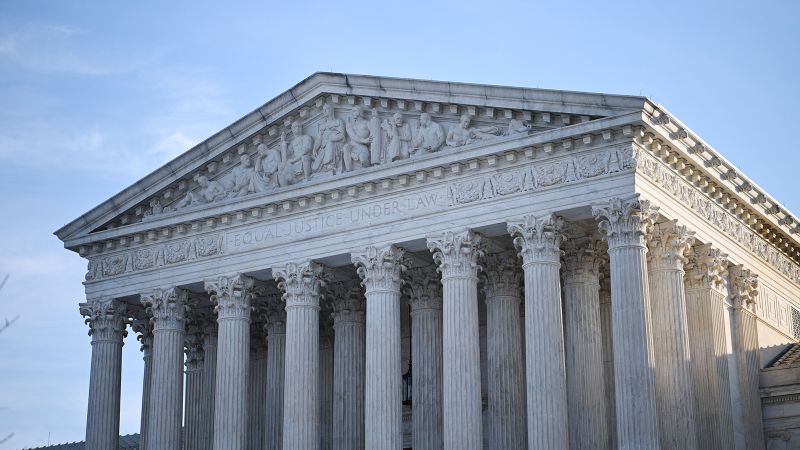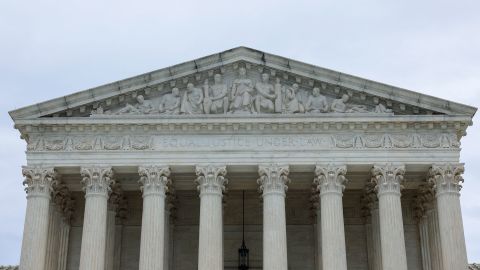

The conservative Supreme Court will meet Monday at 10 a.m. ET to consider whether colleges and universities can continue to take race into consideration as a factor in admissions, a case that could diminish the number of Black and Hispanic students in higher education.
What is at stake: Hanging in the balance is the future of admissions plans at hundreds of schools that have relied on court precedent for decades in order to achieve the educational benefits they say flow from student body diversity on campus.
Challengers in the case are targeting Harvard and the University of North Carolina arguing that their programs violate equal protection principles, dash the promise of a colorblind society, and discriminate against Asian Americans. They are urging the court to overturn precedent and they say that the schools should explore and further develop race-neutral alternatives to achieve diversity.
At least nine states have already chosen to end consideration of race in university admissions, including Arizona, California, Florida, Idaho, Michigan, Nebraska, Oklahoma and Washington, according to the National Conference of State Legislatures. Supreme Court precedent allows the consideration of race, but the court’s new composition of conservative justices did not hesitate last term to overturn decades old precedent in a case that curtailed a federal right to abortion.
A conservative group, Students for Fair Admissions (SFFA) is behind both challenges.
Edward Blum, the president of SFFA, has hired a conservative boutique law firm, Consovoy McCarthy, to challenge the policies at the country’s oldest private university, Harvard and the country’s first public university, University of North Carolina. The firm is composed of several former clerks of Justice Clarence Thomas who has been a critic of affirmative action.
SSFA argues that the Harvard policy violates Title VI of the 1964 Civil Rights Act that prohibits schools receiving federal funds from discriminating based on race. He says that the UNC policy is subject to Title VI, as well as 14th Amendment’s guarantee of equal protection under the law, which covers state universities.
Lower US courts have ruled in favor of the schools finding that that the programs used race in a sufficiently limited way to fulfill a compelling interest in diversity.
The two disputes were initially consolidated, but after Justice Ketanji Brown Jackson announced she would recuse herself from the Harvard case because she had served on the school’s board of overseers, they were decoupled, so the nation’s first black female justice could weigh in on the issue in at least one case.
